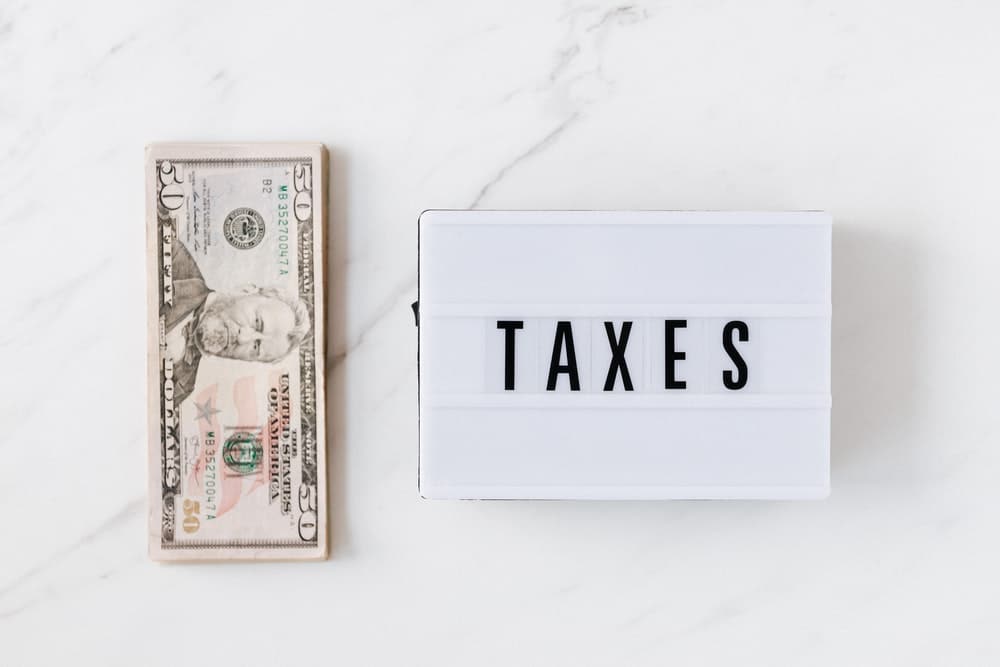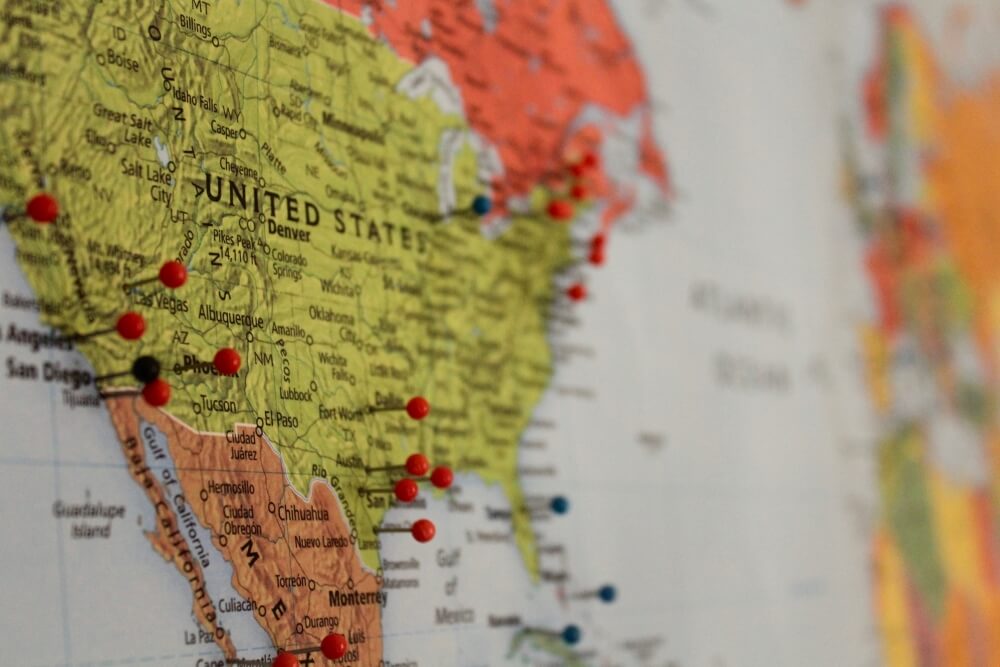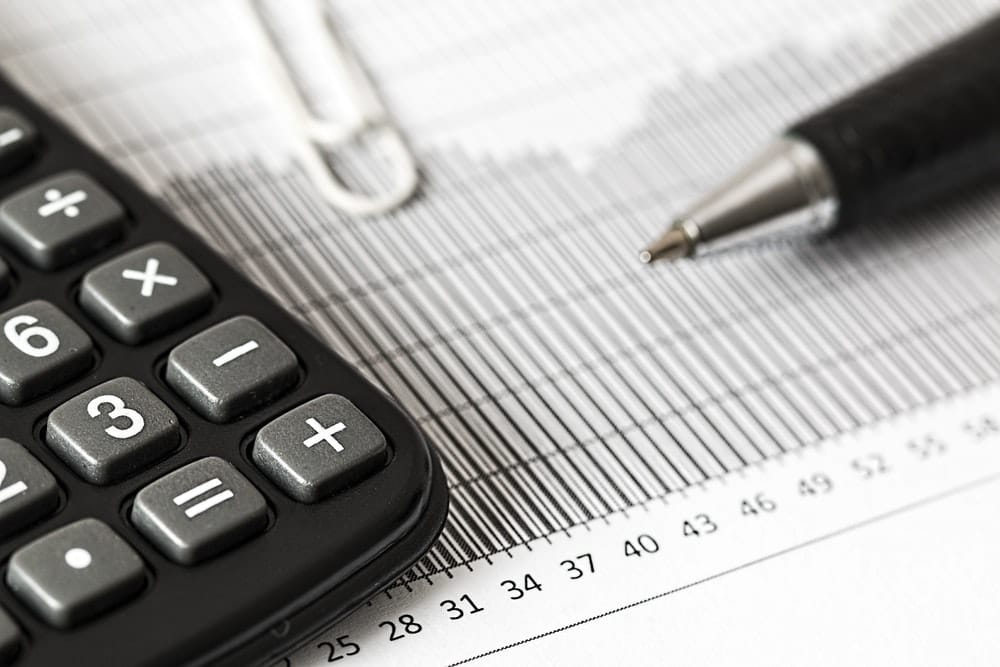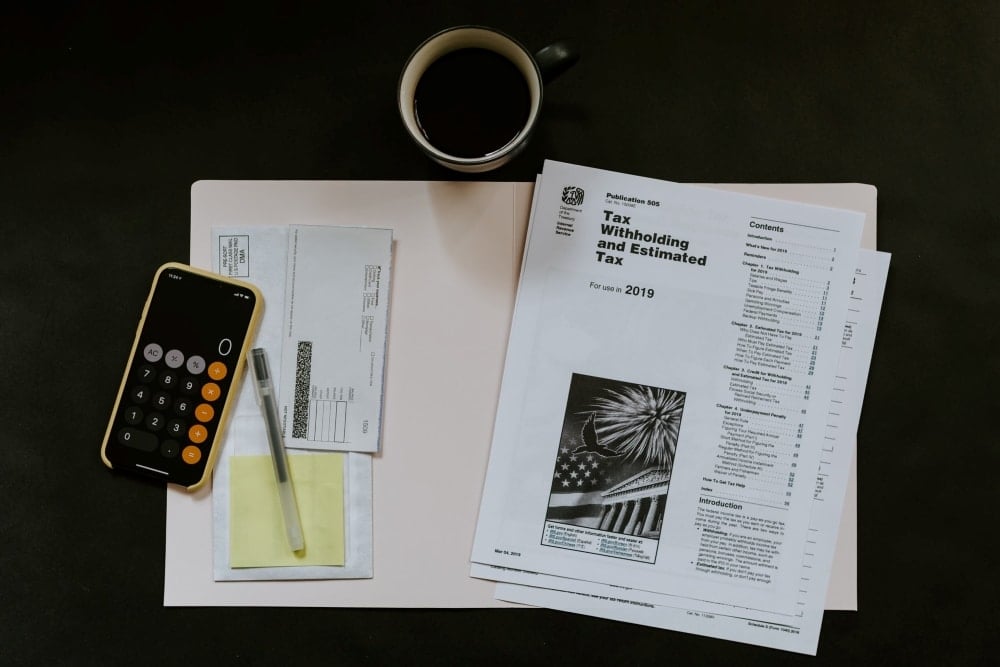When you hear the term “occupancy tax” you may immediately think of a hotel or motel, but this tax applies to all businesses that provide accommodations for customers, and that means vacation rentals. This is a tax vacation homeowners pay to the government based on the income they generate through their rentals.
We’ve broken down the basics of occupancy taxes so can get a better understanding of what they are, why you have to pay them, and ways you can save money on them.
What is Lodging tax?
Vacation rental owners and property managers are forced to pay taxes for renting out your property in some states or localities. The tax percentage and criteria differ by city, county, region, state and country. Lodging taxes may be based on the expense of the stay, or a per night or per person basis.

Property managers or vacation rental owners are responsible for all taxes involved with renting their properties, except in jurisdictions that allow listing sites to collect and remit lodging taxes for online reservations.
Occupancy taxes vs Lodging tax
Occupancy tax is also known as lodging tax, accommodation tax, stay tax, space tax, property tax, visitor tax, sales tax, room tax or hotel tax and it’s separate from income taxes. In some states, the occupancy tax does not apply to rentals of more than 30 days. This rule is designed so that the tax is paid by tourists or guests who are visiting the area, not those who permanently live there.
How Vacation Rental Occupancy Taxes Work
Occupancy taxes on vacation rentals are determined by cities, countries and/or state where your property is located, so the percentages may vary depending on different factors. We recommend checking and understanding the requirements with each level of tax agency. Often towns, counties and states combine their tax collection resources, so you may need to work with several tax authorities at once.
Vacation rental businesses may be required to register or get tax licenses with separate agencies (e.g. city and state). If your property is located in the city outskirts, you may just have to worry about county taxes instead of city taxes.

Here are some examples of occupancy tax percentages in popular travel destinations across the country:
- California: 5%-15.5%
- Hawaii: 10.25%
- North Carolina: 6.75-8%
- Tennessee: 7-10%
- Texas: 6-9%
- Washington D.C: 14.5%
On most listing sites like Airbnb, the occupancy tax is automatically charged, taken out, and paid on your behalf. If your rental is in a jurisdiction where this does not apply, you will have to manually add occupancy to your booking costs.
What You Need to Know
As a vacation homeowner, it is important to understand the details of the occupancy tax so you can collect them and pay them on time.
- In some states, like California, occupancy taxes aren’t mandated statewide, but local officials give cities and towns the option to impose them.
- Occupancy taxes go by many names, including hotel tax, hotel/motel tax, lodging tax, and transient room tax.
- Occupancy tax creates revenue for the government to fund schools, roads, public safety, and other infrastructure. This is paid by visitors to the area that are staying in hotels, motels, and vacation rentals for less than 30 days at a time.
- Houston has the highest “hotel tax” in the country, at 17%.
- 20 states apply an occupancy tax to hotels, motels, and vacation rentals.
- Occupancy tax should be applied to the base rate and any other fees like cleaning fees or pet fees.
When you calculate the occupancy tax and apply it to the reservation, guests will pay everything in one lump sum. It is up to you, as the vacation rental owner, to separate those taxes and make sure they get to the proper authorities. This is what is referred to as collecting occupancy taxes manually.
Calculating Occupancy Taxes

If you have to collect occupancy taxes manually and would like to calculate the amount for yourself. First, convert the percentage of the occupancy or lodging tax you have to collect to a decimal by dividing that amount by 100. So if your occupancy tax is 6%, you’d get 0.06 by dividing it by 100.
Next, multiply that decimal by the pretax cost of your rental property to find out how much you’d have to collect. So if your property costs $256 before tax at a rate of 0.06, your occupancy tax will add an extra $15.4 per night (256 x 0.06 = 15.36).
Tips to Save Money
While paying taxes isn’t the most exciting part about owning a short term vacation rental, it is one of the most important to ensure you’re running a legal and compliant business. And although you can’t deduct occupancy taxes from your annual tax returns, there are other ways to save money and take advantage of tax write-offs designed especially for vacation rental owners.
- Fees you pay on listing sites like Airbnb are 100% tax-deductible
- Property taxes, insurance premiums, and mortgage interest are tax-deductible
- You can write off credit card and loan interest
- All expenses associated with maintenance, repairs, and cleaning can be written off
- Advertising fees, supplies and the costs to make major improvements to your rental are all tax deductible.
These are just a few ways vacation homeowners can save money by taking advantage of tax benefits.
Questions Vacation Rental Owners Ask about Occupancy Taxes
Some of the most common questions vacation homeowners have about occupancy tax are:
-
Do I really have to collect and pay it?
Yes. Occupancy tax is a part of doing business when you run a vacation rental. However, this will depend on where your vacation rental property is located, but the most states tax vacation rental businesses. There could be serious legal consequences if you do not collect and pay these taxes.

Occupancy taxes are different from income taxes, which are charged to the federal government once a year, and collected out of your wallet. Local sales and accommodation taxes are normally obtained from guests and charged, typically monthly or annually, to city, district, and/or state tax authorities.
-
What happens if I don’t collect and pay occupancy taxes?
Although your guests cover your occupancy taxes, vacation rental owners are liable to collect and disclose to the taxing authorities. Even if you haven’t collected the tax from your guests, you would still be liable for the payments.
A tax collector may seek present and back taxes from a vacation rental owner who hasn’t collected and remitted the necessary taxes. The typical vacation rental business owes several thousand dollars in taxes a year and the outstanding liability can become a significant sum in just a few years.
Tax authorities can also impose fines and interest in relation to the outstanding tax owed, which may be severe. Penalties will range between 25-50% of the tax owed. Failure to raise and pay such taxes will contribute to substantial tax obligations owed to state and local tax authorities. It can be easily avoided through adhering to the rules.
-
Are there any exemptions?

Some individuals and organizations can file for an exemption status for occupancy taxes. Depending on the state, this could include government officials, permanent residents, religious, educational, and charitable organizations, and other specified city or state workers.
Long-term vacation rentals are excluded from the taxation on income and occupancy. In many states, long-term rentals are defined as those that are continuous for 30 days or more. However, each state defines long-term rentals differently. For example, Florida and Hawaii consider long-term rentals to be those that rent their property for longer than 6 months.
What to take away
Taxes can be an overwhelming and confusing part of running a vacation rental business, especially for those who are new to the industry or aren’t used to handling the books for their business. Occupancy tax is another way state governments can earn revenue without taxing their residents.
If you’re not sure where you stand with occupancy tax, it’s recommended to speak to a tax professional.


